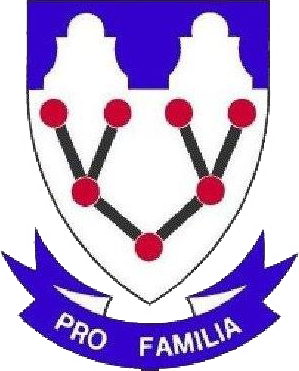Cape Town Marriages 1665-1695
The members of the original settlement at the Cape from 1652 onwards were supplied by the Dutch East India Company with a sieketrooster (a lay reader). He held Sunday services where he was allowed to read sermons (but not preach) and to instruct the children in their religion, but not to offer communion, or to marry or baptise. Sieketroosters up to 1665 were Willem Wylant, Pieter van der Staal, Ernestus Back and Jan Jorisz Greef.
Marriages were conducted either by the Commander (civil marriages were part of the normal system in the Netherlands) or by ministers passing on ships calling at the Cape and these latter also conducted any baptisms required.
Eventually the Dutch East India Company management decided to appoint a resident minster at the Cape (all such religious ministers were company salaried officials) and on 18th August 1665 Dominee Johannes van Arkel landed at Table Bay. Later a church was built and its present day successor is the Grote Kerk in Cape Town. The particular sect was then known as the Hervormde Kerk, modern South African equivalent the Nederduits Gereformeerde Kerk.
While the handwriting to be found in most of the 17th and 18th century documents at the Cape is extremely neat and generally very legible, the section of this register between 6 February 1689 and 9 April 1694 is written in a truly horrible handwriting and is not easy to read. It starts with these words: Dese volgende kinderen sijn van mij ghedoopt Ds. Leonardus Terwolt, and I assume the handwriting is his.
There is also the problem that, at least in this photocopy, words can disappear into the binding margin, the ink can have faded or the extreme edges of the page may be missing. Any problems of missing information of this kind, as also doubtful interpretaion or legibility, I have indicated with square brackets.
The original transcription was done by Richard Ball and the whole has been revised and corrected by Corney Keller. The register has been transcribed exactly as found, that is text and spelling as best we can read them. In order to make the reading easier we have transcribed all personal names, geographical place names and names of months, as well as the beginning of sentences or entries, to begin with an upper case letter, although this is not always how they are written in the original. In addition, with certain letters it is not always possible to judge if upper or lower case is intended.
We hope these transcripts may be of some use to researchers.
Richard Ball and Corney Keller
©February 2012
- Hits: 63887

